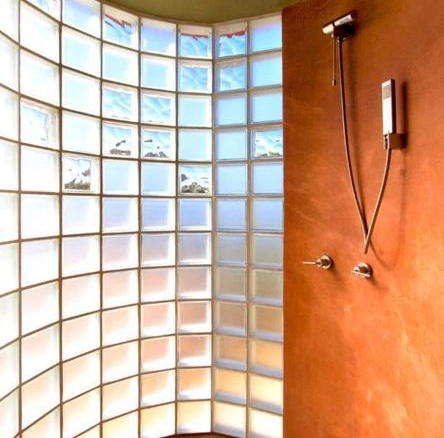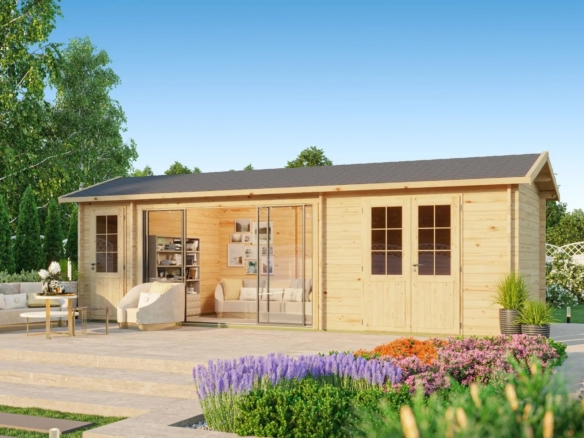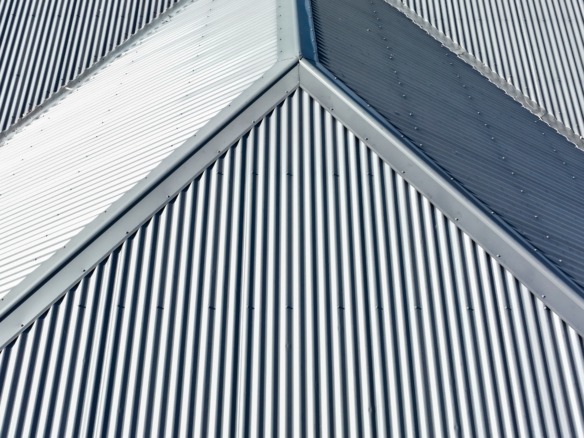Carpet tile flooring is a stylish and practical solution, but every space requires the right material, which affects its durability, maintenance, and comfort. For example, materials like nylon can withstand heavier foot traffic than wool, which is mainly used for cosy spaces like bedrooms.
Carpet tiles are also easier to install than traditional carpets because you can replace individual tiles instead of redoing the entire floor. Such flexibility keeps your floor looking fresh and clean. Furthermore, you can buy them in different shades, patterns, and textures to create a unique design for your space.
Here are four elegant carpet tile materials, their benefits, drawbacks, and ideal space to help you choose the best for your floors.
1. Use Nylon Carpet Tiles to Add Durability and Style to Busy Spaces
Nylon carpet tiles are a durable and stylish flooring solution for high-traffic areas. Their strong fibres resist wear, making them ideal for spaces that experience constant movement, such as in a busy living room, a long hallway, or a commercial office. Unlike some complicated flooring options, these tiles provide a soft underfoot feel, which reduces foot fatigue in areas where people walk or stand for long hours.
Features & Benefits
- Resist wear and tear: nylon fibres are strong and maintain shape even under heavy foot traffic.
- Repel stains effectively: most nylon carpet tiles come with stain-resistant coatings that help prevent spills from soaking in.
- Feel soft underfoot: the material provides a comfortable walking surface, making it ideal for spaces where people stand or walk for extended periods.
- Offer diverse design options: nylon tiles are available in various colours, patterns, and textures, making them a versatile choice for different styles and environments.
Disadvantages
- Higher price tag: Nylon carpet tiles cost more than polyester or polypropylene.
- Absorb moisture: Nylon carpet tiles can retain moisture in humid environments, leading to mould or mildew growth.
- Require frequent maintenance: Regular vacuuming and occasional deep cleaning are necessary to preserve their appearance.
2. Install Wool Carpet Tiles to Create a Luxurious and Cozy Atmosphere
Wool carpet tiles add warmth and elegance to any space. Their soft fibres create a plush surface, making them perfect for luxury interiors. Upscale hotels, high-end offices, and stylish lounges use wool tiles to enhance comfort and sophistication. Homeowners also install them in bedrooms to create a cosy and relaxing environment.
Features & Benefits
- Create a soft and plush feel: Wool fibres provide a smooth and cushioned surface. They enhance comfort and add a touch of luxury to any room.
- Resist stains naturally: Wool contains a waxy coating that prevents liquids from soaking in. This feature makes cleaning spills easier and helps maintain a spotless appearance.
- Improve insulation: Wool traps heat in colder months and stays cool in warm weather. It also absorbs sound, making spaces quieter and more peaceful.
- Support sustainability: Wool is a biodegradable and renewable resource. It offers an eco-friendly flooring option with less environmental impact than synthetic materials.
Disadvantages
- Increase costs: Wool carpet tiles cost more than synthetic options. However, their durability and premium quality make them a valuable long-term investment.
- Require careful maintenance: Wool fibres react poorly to harsh chemicals and need professional cleaning. Regular vacuuming helps maintain their softness and appearance.
- Absorb moisture: Wool retains moisture in humid environments, leading to mould or mildew. Proper ventilation and dehumidifiers help prevent these issues.
3. Use Polypropylene Carpet Tiles to Get a Moisture-Resistant and Easy-to-Clean Floor
Polypropylene carpet tiles offer a practical and budget-friendly flooring option. Their water-resistant fibres prevent moisture absorption, making them ideal for humid environments. Many homeowners install them in basements, kitchens, and home gyms to reduce mould and mildew risks. Outdoor patios also benefit from their ability to withstand different weather conditions.
Features & Benefits
- Repel water and resist mould: Polypropylene fibres block moisture, preventing mould and mildew growth.
- Affordable solution: Polypropylene carpet tiles cost less than wool, nylon, or polyester.
- Require minimal maintenance: Their stain-resistant fibres clean easily with water and mild detergent.
- Offer various design choices: These tiles come in different colours, textures, and patterns. They complement a wide range of interior styles.
Disadvantages
- Wear down quickly in high-traffic areas: Polypropylene fibres are less durable than wool or nylon. Constant foot traffic can cause them to fray or lose their texture.
- Feel rough underfoot: These tiles are slightly coarse, making them less comfortable than softer materials like wool or polyester.
- Flatten under pressure: Heavy furniture can leave permanent dents in the fibres.
4. Install Blended Fiber Carpet Tiles to Balance Style, Strength, and Comfort
Blended fibre carpet tiles offer a perfect mix of durability, softness, and style. Manufacturers combine nylon, wool, and polyester to create a flooring solution that performs well in elegant spaces. Many install these tiles in executive offices, boutique hotels, and luxury apartments because they add sophistication and strength. They also work well in stylish commercial spaces where durability and aesthetics matter.
Features & Benefits
- Combine strong and soft fibres for better performance: Manufacturers blend nylon, wool, and polyester to improve strength, comfort, and stain resistance, making the tiles last longer than single-fibre options.
- Increase durability for long-term use: The mix of natural and synthetic fibres creates a rigid surface that withstands daily foot traffic without quickly wearing out.
- Resist stains for easier maintenance: Wool and nylon fibres naturally repel spills, helping the tiles stay clean with minimal effort.
- Create a high-end look for elegant spaces: The combination of fibres produces a luxurious texture and design that suits upscale interiors.
Disadvantages
- Cost more than fully synthetic options: These tiles are more expensive than polypropylene or polyester alternatives because they use high-quality materials.
- Require special cleaning for long-lasting beauty: The mix of fibres needs specific care routines, including regular maintenance and occasional professional cleaning.
- Offer fewer choices than synthetic tiles: Blended fibre tiles are less common than single-fibre options, so finding the right design may take longer.
Upgrade Your Floors with the Perfect Carpet Tile
Before selecting a carpet tile, consider your space, budget, and maintenance needs to ensure the best fit. Explore different designs that complement your style and flooring requirements and choose a supplier with various options. At Online Flooring Store, we offer high-quality carpet tiles at the best prices for homes and businesses. Explore our collection today and find the perfect flooring solution!




